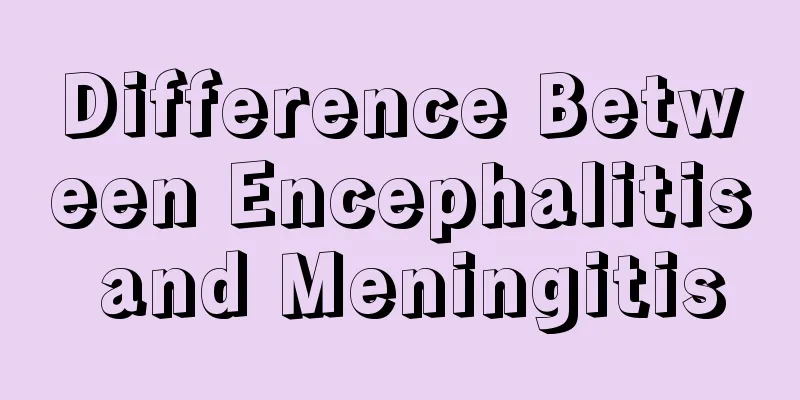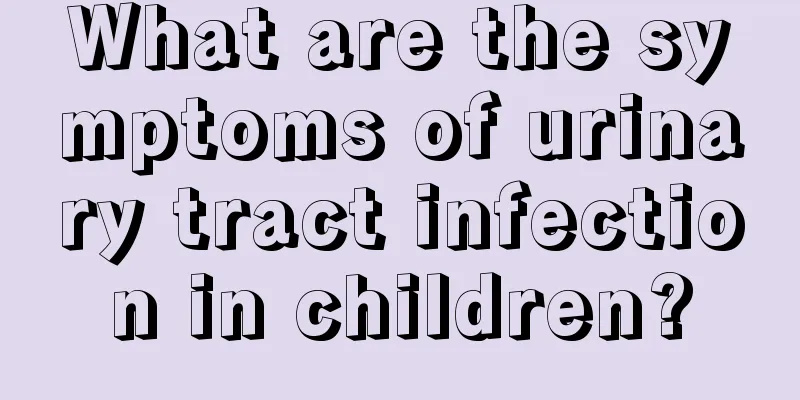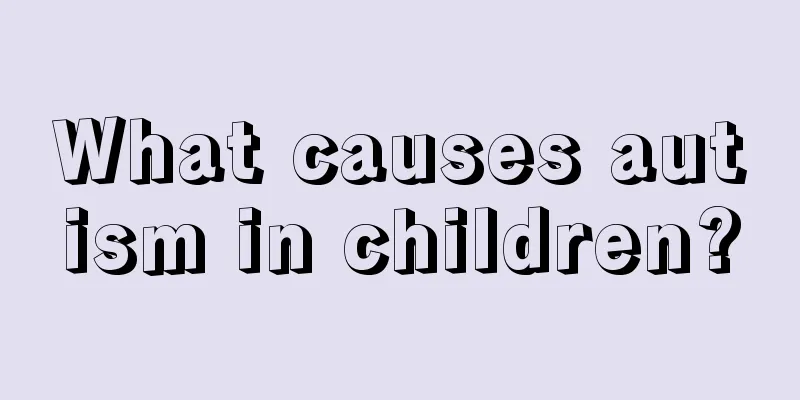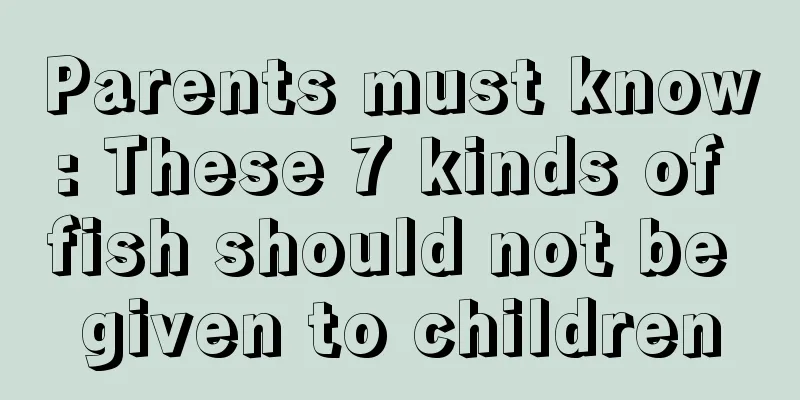Difference Between Encephalitis and Meningitis

|
Encephalitis and meningitis are two diseases that children are more likely to get, and they are two relatively serious diseases. Children will feel headaches before getting these two diseases, and they will also have some mental and consciousness disorders. Both diseases are caused by inflammation and occur in the brain. If they are not treated in time, they can easily cause dementia. So what are the differences between encephalitis and meningitis? Encephalitis is mainly an inflammatory response caused by the invasion of brain parenchyma by pathogens, which may cause mental symptoms, epileptic seizures, impaired consciousness or limb movement and sensory disorders. Meningitis is an inflammatory reaction caused by invasion of the meninges and pia mater tissues, which can cause symptoms of meningeal irritation such as severe headache, stiff neck, and vomiting.How meningococci are spread Transmission route Hong Kong Yu Li Health reminds that people who have close contact with infected people are at higher risk. Close contacts include: family members; people who have been in contact with the patient in day care centers; people who have had direct contact with the patient's oral secretions; and people who frequently sleep and eat with the patient in the same residence. In addition, certain people with compromised immune systems are at higher risk of infection. Other risk factors include previous infection with other viruses, living in crowded conditions, suffering from chronic diseases, smoking and inhaling second-hand smoke.
Clinical symptoms vary; severe illness may occur when the bacteria invade the blood (meningococcemia) or the lining of the brain and spinal cord (meningococcal meningitis). Symptoms of meningococcemia include sudden onset of fever, severe headache, bruising, shock and, in severe cases, even death. Symptoms of epidemic meningitis include high fever, severe headache, stiff neck and drowsiness; vomiting, photophobia or rash may also occur. In severe cases, it may cause brain damage or death. Brain damage can result in impaired intelligence, delayed intellectual development, deafness, and electrolyte imbalances. Invasive meningococcal infection may also cause arthritis, myocarditis, endophthalmitis or pneumonia.
Meningococcal vaccines are available. There are currently four registered meningococcal vaccines in Hong Kong (one bivalent and three quadrivalent). The quadrivalent vaccine can protect against meningococcal types A, C, Y and W135. Suitable for ages 9 months to 55 years. The meningitis vaccine injected in the mainland can only protect against groups A and C. |
<<: How to tell if a baby has dull eyes
>>: How many months is it appropriate to hold a baby in the bladder
Recommend
What to do if the baby cries when waking up
Raising a baby is a hard job, because many first-...
Treatment of stomatitis in children
Stomatitis is relatively common in children in li...
How to tie a baby's bun
Many mothers like to leave beautiful hair for the...
How to treat glaucoma in children?
There are more and more diseases in life. Many pe...
How to improve children's memory?
When people are young, they are still children. A...
How to treat malnutrition in children effectively
The problem of malnutrition in children must not ...
What are the characteristics of bronchial asthma cough in children?
It can be said that asthma is an incurable diseas...
What should I do if my three-month-old baby has a cough and a stuffy nose?
It is normal for adults to cough, for example, if...
How old is the baby? Can you see double eyelids?
Since I was a child, I often heard people say &qu...
What are the harms of smoking to teenagers
Smoking is a very bad lifestyle habit. Long-term ...
Is there any evidence that premature babies are smart?
There is a rumor among the people that premature ...
How to make egg yolk paste for babies?
When babies can add complementary foods, egg yolk...
At what age do girls start to develop
At what age do girls start to develop? Friends wh...
What can children eat to get rid of phlegm in their throats?
I believe that many parents have encountered the ...
Why does the newborn have a headache when eating milk?
Many parents and friends have encountered this pr...









